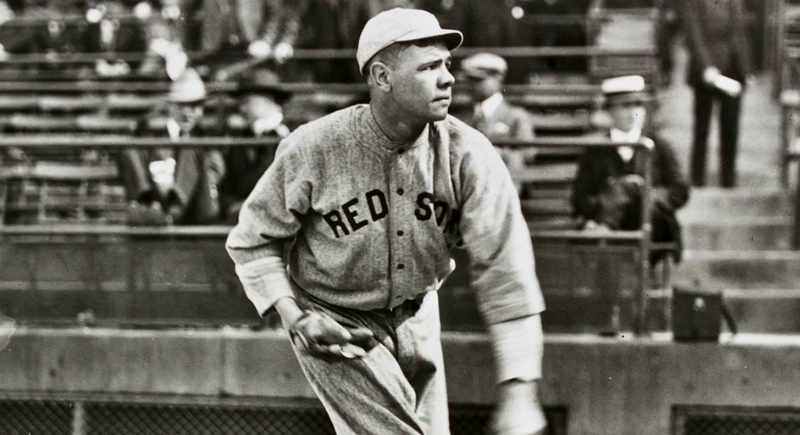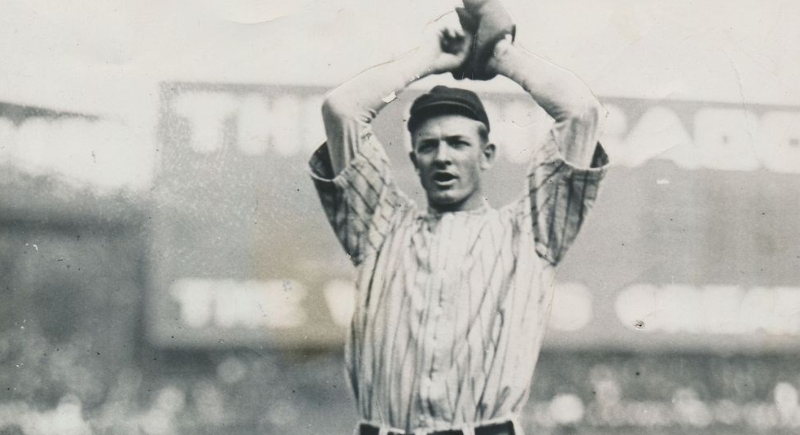Weirdest Endings to a Baseball Game You’ll Ever See
Baseball is unpredictable. Games often drag deep into the night, or they can end on the strangest of technicalities. Over the years, endings have come in nearly every bizarre form possible, caused by either odd rule quirks, human mistakes, or even by one-in-a-million moments that are still replayed decades later.
A Walk-Off Catcher’s Interference
In July 2025, the Phillies beat the Red Sox on one of baseball’s rarest endings—catcher’s interference. The game was tied in the bottom of the ninth with a runner on third when the catcher’s glove made contact with the batter’s swing. By rule, the batter was awarded first base, and the runner scored. This was the first walk-off catcher’s interference since 1971.
The Triple Play That Ended It
On August 23, 2009, Phillies infielder Eric Bruntlett completed the only game-ending unassisted triple play in National League history. The Mets had runners on first and second during a hit-and-run when he caught a line drive, stepped on second, and tagged the runner from first, effectively ending the game before fans realized what happened.
A Pitch Clock Strikeout Walks It Off
Spring training in 2023 gave fans their first look at the pitch clock. On opening day between the Braves and Red Sox, the rule ended a 6-6 game in the ninth inning when Atlanta’s Cal Conley wasn’t ready in time. The umpire called an automatic strike three, and a confused Conley started toward first, thinking he’d drawn a walk.
A Walk-Off Balk Ends It All
Few baseball rules create more confusion than the balk, and nothing feels stranger than a game ending because of it. In 2018, the Mariners beat the Dodgers 5-4 when pitcher Dylan Floro twitched on the mound with a runner at third. The umpire immediately called a balk and sent the winning run home without a swing or a throw. This wasn’t the first time it happened, but it’s always a jarring sight. A balk is meant to stop pitchers from deceiving runners, yet to see a contest with thousands of pitches and plays end on such a technicality makes it one of the oddest finishes in the game.
Babe Ruth Thrown Out to End the Series

Image via Wikimedia Commons/Frances P. Burke
The 1926 World Series ended in a way that still sounds unbelievable. Babe Ruth represented the tying run with two outs in the ninth inning of Game 7. Instead of letting his teammate swing, Ruth tried to steal second base. Cardinals catcher Bob O’Farrell threw him out easily and sealed the title for St. Louis. Fans were stunned that the greatest slugger of his time had ended the Series on a failed steal.
Obstruction Call Sends the Runner Home
In Game 3 of the 2013 World Series, the Cardinals and Red Sox were tied in the ninth when Allen Craig got tangled up with Boston third baseman Will Middlebrooks. Craig tripped, scrambled toward home, and was thrown out by the catcher. However, the umpire ruled obstruction on Middlebrooks, meaning the run counted, and the Cardinals walked off on one of the strangest calls ever to decide a World Series game.
The Broken-Bat Blooper
Game 7 of the 2001 World Series ended in unforgettable fashion as Luis Gonzalez faced Mariano Rivera. The score was tied and the bases were loaded when Gonzalez broke his bat on a cutter and blooped a single over the infield to give Arizona the championship in a quietly stunning finish. It was not the dramatic blast people expected to beat the Yankees.
A Bloop, a Tumble, and Two Errors
The 2020 World Series delivered one of its wildest finishes in Game 4. The Dodgers were up 7-6 with two outs in the ninth when Brett Phillips, who hadn’t had a hit in weeks, lined a single to right. Chris Taylor misplayed it, thus allowing Kevin Kiermaier to score. Randy Arozarena tried to race home from first but tripped between third and home. The Dodgers still had him dead to rights, but catcher Will Smith missed the throw and let Arozarena slide in safely for the win.
Snodgrass Drops It

Image via Wikimedia Commons/Chicago Tribune
In the deciding Game 8 of the 1912 World Series, the Giants appeared ready to seal the title as Christy Mathewson protected a one-run lead in the 10th. That changed when center fielder Fred Snodgrass dropped a routine fly ball and let the tying run aboard. Boston struck back with two runs to win what became known as “the $30,000 muff.”
The Catcher’s Mask Costs the Pirates the Game
Some rules stay unnoticed until a player breaks them in real time. On August 12, 1995, the Pirates lost to the Dodgers in extra innings after a pitch skipped past catcher Angelo Encarnación. While trying to stop the runner from scoring, he used his mask instead of his glove to scoop the ball. The umpire cited Rule 7.05(b) before awarding three bases and letting Roberto Kelly score the winning run.